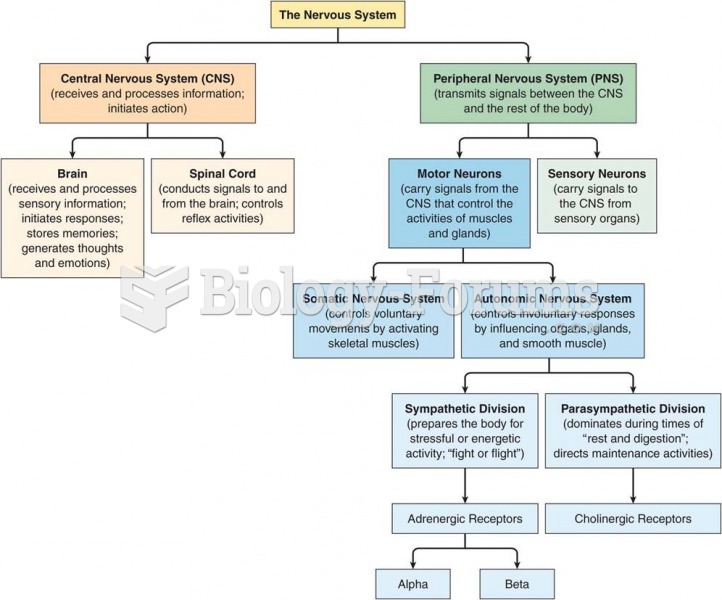Answer to Question 1
Answer: 1; 2; 3; 4; 5
Rationale:
If you use this screen for your neurological assessment, you won't have to go that other screen to document the Glasgow Coma Scale assessment. This response is an example of education, support, and idea sharing that can happen between people experiencing change. This is a common response to change. These people are facilitating change.
I'm excited about this. I think it's going to a much better way to document. Some staff members are going to acclimate quickly and want to use the new system. Some people adapt to change quickly and others are never able to fully adjust to the change. This is a common response to change.
This doesn't work as well as our old system. This statement indicates that the nurse is feeling resentful about the change process to the new documentation system. Resistance is expected as people move through losing the old system. This is a common response to change.
So, is it really faster for you? I feel like it's taking me a longer time to get my assessment documented. This response is an example of support and idea sharing that occurs between people involved in the change process. This is a common response.
Maybe we could keep the old system in place as a backup until we get the new system going well. This statement is an example of an attempt to negotiate with the nurse manager to slow the pace of the change. This is a common response to change.
Answer to Question 2
Answer: 3
Rationale: There are three change strategies that can be used during a planned change: empirical-rational strategy, power-coercive strategy, and normative-reeducative strategy. The normative-reeducation strategy is the most appropriate to apply to nursing. This philosophy is based on the idea that nurses have their own set of norms and values and they will support or resist change based upon alignment between the change and their values. Nonintervention is an example of an unplanned type of change that occurs when some process is allowed to die a natural death through neglect. This scenario is an example of the empirical-rational strategy. The empirical-rationale strategy is based on the philosophy that people respond well only to changes that are in alignment with their self-interests. When people are inconvenienced, they will resist the change effort. The nurses who choose to continue to use the old system for documentation will be inconvenienced when they are required to come in on their day off of work to assist with the fundraiser. This strategy does not work well when applied to nursing. The power-coercive strategy is used when a leader uses his or her power to plan and direct change. Loyalty is given to the person with the most power. This strategy does not work well when applied to nursing.







